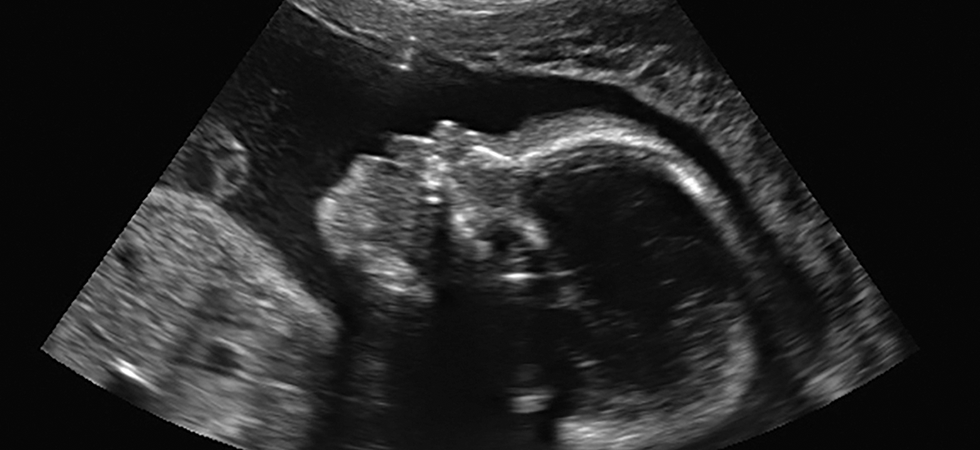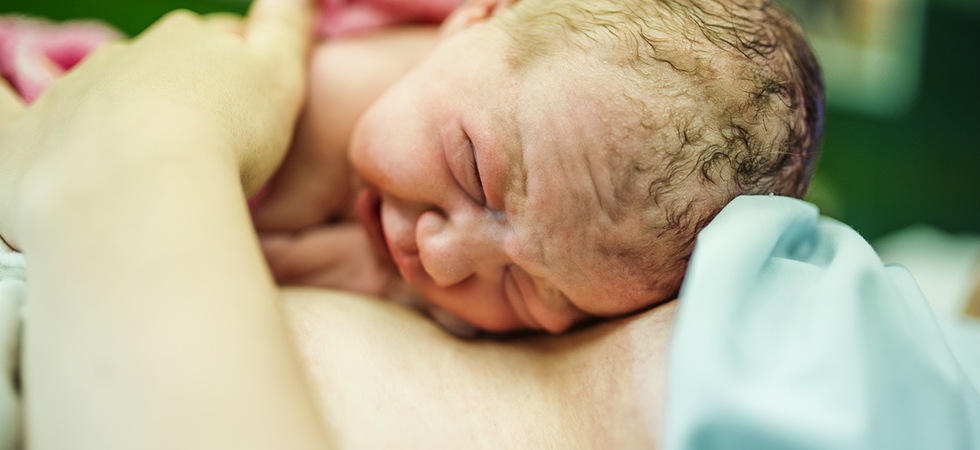Creating conditions that optimize human development
CORE provides consultation, training and information to caregivers, families, schools, communities, organizations and governments who are interested in taking specific actions that protect and nurture human development. CORE’s work in this area is geared toward:
- Implementing practices in home, schools and communities that protect early development and provide critical opportunities to heal trauma.
- Promoting a culture that supports and nurtures human development throughout the lifespan.
How we structure our homes, communities and societies impacts human development and welfare throughout the lifespan. It is our greatest investment for the future of humanity. Thus, there is a critical need to provide individual, family, and community supports as early as possible to prevent problems that ultimately require human and financial resources to address. This requires that we access diverse ideas about human development, relationships, community and healing.
Protecting Early Development
Early experiences – including those that are part of prenatal, infant, early childhood, childhood, adolescent and young adult development – form the foundation of the self. Therefore, we have a responsibility to optimize human development and – where necessary – provide healing opportunities at these critical stages. We can protect early development in at least three critical ways:
- By creating homes and caregiving environments that support and nurture human development
- By structuring schools and other organizations within our communities to actively meet developmental needs.
- By enacting pro-child and pro-family policies and practices in the public and private sectors
Organizing Ourselves and Our World in New Ways
Given the various challenges of today’s world, we are called to organize ourselves in new and effective ways. This will allow us to respond to these challenges effectively. We can structure our homes, communities, schools and other organizations to actively meet critical needs in an increasingly complex world.
The ACE Study
The landmark Adverse Child Experiences (ACE) study – the largest of its kind – showed unequivocally that childhood experiences have a tremendous impact on future violence victimization and perpetration, and lifelong health and opportunity. As such, early experiences are an important public health issue. Much of the foundational research in this area has been referred to as Adverse Childhood Experiences (ACEs). ACEs can be prevented. Learn more about the ACE study and preventing ACEs in your community here. https://www.cdc.gov/violenceprevention/acestudy/index.html







